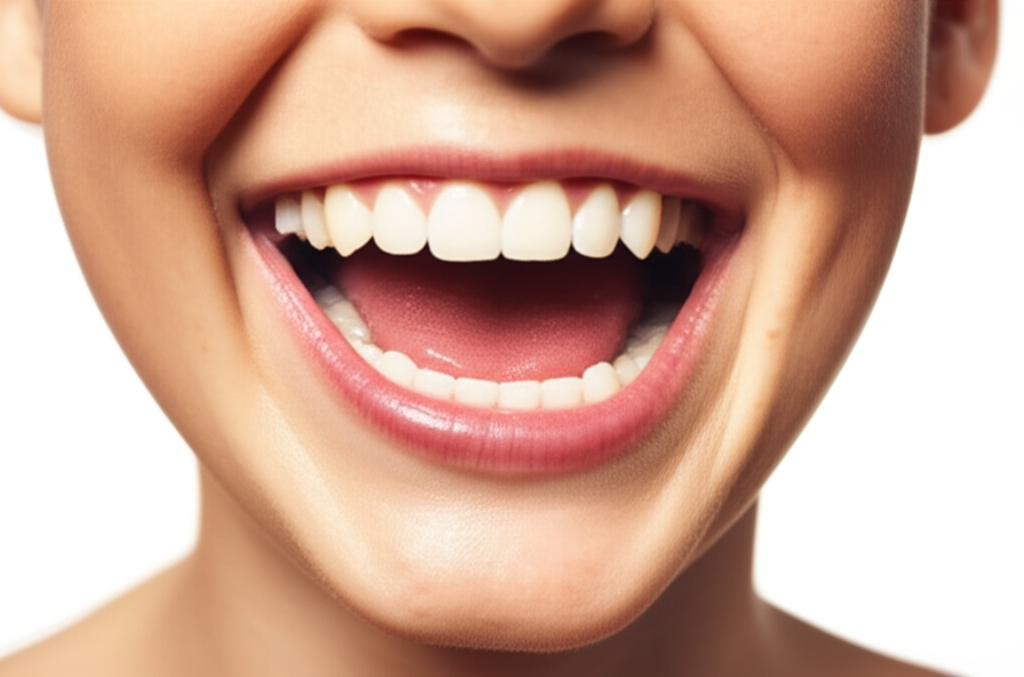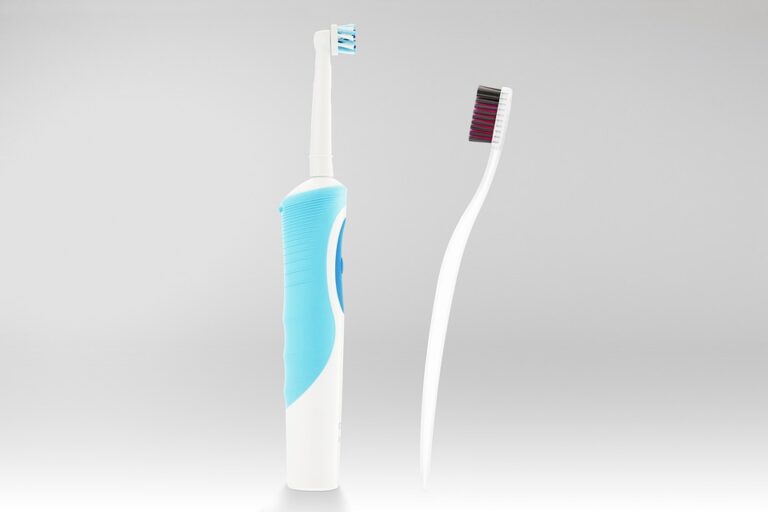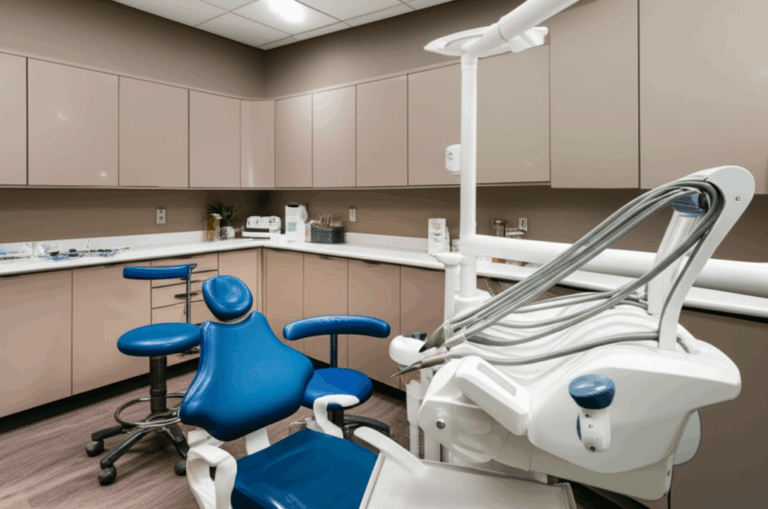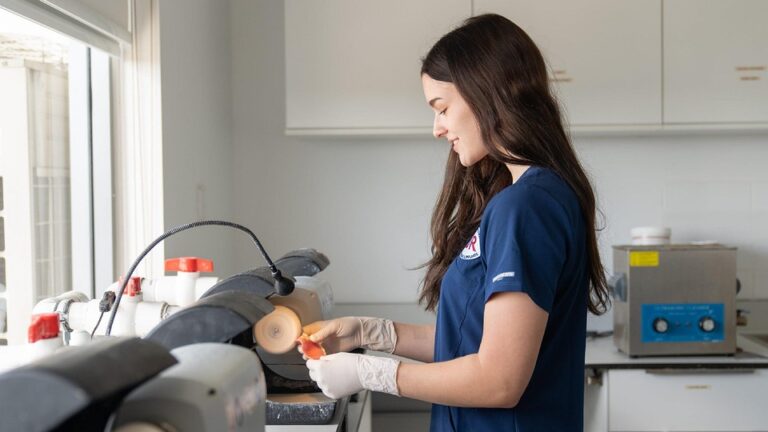
Are Dental Problems Genetic? Understanding the Inherited Link to Oral Health
A lot of people wonder if their teeth problems are their fault, or if their parents gave them bad teeth. If you’ve brushed, flossed, and done everything you’re told, but still end up at the dentist all the time, you’re not alone. This article gets right to the point: Are dental problems genetic? Find out how much your genes matter, which teeth problems can come from your family, and what you can still do to keep your smile healthy—even if your family has a history of dental issues.
Table of Contents
- What’s the Real Story—Are Dental Problems Genetic?
- How Do Genes Affect Your Teeth and Gums?
- Which Dental Issues Run in Families?
- Can You Inherit Cavities?
- Is Gum Disease in Your Genes?
- Are Crooked Teeth Passed Down?
- What About Missing or Extra Teeth?
- Rare Smile Problems You Can Be Born With
- Does Lifestyle Still Matter if You Have Bad Teeth Genes?
- What Can I Do to Beat the Odds?
- Frequently Asked Questions
- Key Takeaways
What’s the Real Story—Are Dental Problems Genetic?
Let me tell you—when I was a kid, my family had just about every teeth problem out there. My grandpa lost all his teeth early. My mom always had gum problems. Naturally, I thought, am I next? A lot of people ask themselves this when it feels like their trips to the dentist are just bad luck.
So, are dental problems genetic? The short answer is yes, genes do have an effect. But that’s not the whole story. You aren’t stuck with bad teeth just because your parents had them. Your DNA can raise your chances, but how you look after your teeth is a big deal too.
Read on to learn:
- Which dental problems you can inherit and which you can’t.
- How much control you still have.
- What you can do, even if you’re at higher risk.
By the end, you’ll have some real answers and hope for a healthier smile, no matter your family history.
How Do Genes Affect Your Teeth and Gums?
First, let’s explain what “genetic” means here. Think of your DNA like instructions. These directions tell your body how to make teeth, spit (saliva), fight germs, and even if you want to eat sweet stuff.
Genetic predisposition means you have a higher chance of some problems, but it’s not a sure thing. For example, you might have weak enamel or a stronger reaction to plaque, leading to gum issues.
Some examples:
- Enamel and dentin quality: Thin or weak enamel means you can get cavities easier.
- Saliva: Some families have stronger saliva that protects teeth better, but some don’t.
- Immune Response: Your DNA helps decide how your mouth fights germs that cause gum disease.
- Jaw and tooth shape: Ever seen a family with the same crooked smile? That’s DNA.
- Oral bacteria: The mix of germs in your mouth can also run in families.
Table: How Genes Can Affect Oral Health
| Genetic Factor | Dental Effect | Example Problem |
|---|---|---|
| Enamel Strength | Cavities | Tooth decay |
| Saliva Stuff | Plaque problems | Gum sickness |
| Inflammation | Gum damage | Serious gum disease |
| Jaw Shape | Crooked bite | Jaw problems |
| Oral Germs | Cavity/gum risk | Mouth problems |
So, your genes are like the building blocks and the plan. What you do with them is just as important.
Which Dental Issues Run in Families?
Have you ever looked around at a family party and noticed the same type of teeth? You might see:
- Small chins or big jaws
- Gaps between teeth
- Teeth falling out early
- Cavities that don’t quit
- Gum problems
These show up in families because of shared genes. Scientists have found certain genes—like AMELX for enamel or IL-1 for inflammation—that can raise your risk of teeth problems.
But here’s the thing: Even in families like this, some folks have strong, healthy teeth. Why? They might have “bad” genes, but they take good care of their teeth.
Can You Inherit Cavities?
Let’s answer one of the most common questions: Are cavities genetic? Lots of people say, “I get cavities just like my dad, no matter how much I brush.”
Here’s the deal: Genetic risk for tooth decay is real. If you have soft enamel or less spit that protects your teeth, you can get more cavities. Genes like AMELX, ENAM, and KLK4 make a difference.
Another surprise—some genes can make you want more sugar! Put it all together and about 30-60% of your chance for cavities can come from your genes [Journal of Dental Research].
But that means 40-70% is up to you. That’s a lot you can still control by brushing, flossing, and being smart about what you eat.
If you want to know how to keep cavities away, check out this guide to teeth health.
Is Gum Disease in Your Genes?
This is a common thing in many families: grandma, mom, and now you, all battling sore or bleeding gums. Periodontitis, or gum disease, can run in families. It’s all about how your body reacts to germs on your teeth.
If your DNA has certain changes—like in the IL-1, IL-6, or TNF-alpha genes—your gums may react too much, causing more damage. In fact, people with these changes can be up to seven times more likely to get serious gum disease [Journal of Periodontology].
Other things that run in families:
- Bone loss
- Inflammation
- Easy-to-get gum infections
Still, with good teeth care and seeing a dentist often, even those with family gum problems can have good gums.
Learn more in this article about dental diseases.
Are Crooked Teeth Passed Down?
Why do some kids get braces, but some don’t? Malocclusion (crooked teeth, overbites, and underbites) usually has a lot to do with your family.
- Inherited jaw shape means your top and bottom jaws may not match.
- Teeth alignment can come from the size and shape of your teeth, from your parents.
Research says about 70% of jaw shape comes from your genes [Archives of Oral Biology]. You can’t help what jaw you get, but you can see an orthodontist early, especially if your folks had braces.
And for adults, things like crowns, bridges, and aligners are available now from new dental labs like a crown and bridge lab.
What About Missing or Extra Teeth?
Have you heard of someone born with not enough teeth, or an extra tooth that just appeared? It’s true! It’s usually due to genes.
- Hypodontia (missing teeth), Anodontia (no teeth), Supernumerary teeth (extra teeth)—these all can run in families.
- Genes like PAX9, MSX1, AXIN2, and EDA are what cause this.
About 2-10% of people are born with some teeth missing (not counting wisdom teeth) and it can be alone or part of other problems, like Ectodermal Dysplasia [Journal of Oral & Maxillofacial Surgery].
Special teeth labs can help fill the gaps, like with dentures, bridges, or implants. Learn more about it at a removable denture lab.
Rare Smile Problems You Can Be Born With
Most teeth problems are a little bit genetic, but some are almost always genetic. Some are:
- Amelogenesis Imperfecta (AI)—Messes up enamel, so teeth are weak, yellow, or brown.
- Dentinogenesis Imperfecta (DI)—Makes dentin weak, so teeth look blue-gray and break easier.
- Cleft Lip or Palate—How your face and jaws form is partly genetics.
These often show up early and sometimes many people in one family have them. If you think you might have one of these or it runs in your family, talk to a dentist or genetic counselor who knows about these things.
Does Lifestyle Still Matter if You Have Bad Teeth Genes?
Here’s the good news: You’re not just stuck with your genes. Your habits can help protect you from the problems your genes might bring.
Good things you can do:
- Brush twice a day
- Floss every day
- Eat less sugar
- Drink more water
- Go to the dentist often
Smoking, eating too much sugar, or skipping dentist visits can make even the best genes turn bad. And people with strong teeth in their family can still get problems if they’re not careful.
Want more info? See our easy dental care tips.
What Can I Do to Beat the Odds?
If you know your family has “bad teeth,” don’t lose hope—take action!
Problem: Having a family history of cavities, gum problems, or crooked teeth.
Agitate: It might feel pointless to brush and floss when you still get the same problems your parents had. It’s easy to get upset when it looks like your hard work isn’t paying off.
Solution: You still have power. Here’s what you can do:
- Custom dental checkups: Let your dentist know if your family has dental issues. They may want to see you more often or use stronger fluoride.
- Sealants and more help: Dental sealants can protect weak teeth. Ask your dentist about them.
- Special products: Some toothpastes and mouthwashes are made for sensitive or weak teeth.
- Start early: If you have a family problem, getting help early (even as a kid) helps a lot.
Modern teeth labs use the newest tech to make things like implants, veneers, or retainers just for you. To learn more, check out a modern digital dental lab.
Frequently Asked Questions
Can I blame my parents for my dental problems?
Your genes start things off, but your daily habits make a big difference. Even with family problems, what you do every day is important.
Should my kids see a dentist earlier if I have dental problems?
Yes. Kids in high-risk families do better with early dentist visits—as soon as their teeth come in.
Can I get a test to see if my dental problems are genetic?
There are tests for some rare conditions. Ask your dentist or a genetic counselor if lots of people in your family have serious dental issues.
Is it possible to never get cavities if they run in my family?
It’s hard, but with really good habits and help from your dentist, you can avoid a lot of problems.
What if my teeth are crooked even when I take care of them?
Sometimes teeth don’t line up right because of genes, even if you brush and floss every day. Braces or aligners can help fix this.
Key Takeaways
- Dental problems can come from your family, but your genes aren’t your fate.
- Enamel strength, gum disease, tooth shape, and some rare conditions can run in your family.
- Cavities and gum problems are both about genes and what you do—both matter.
- Daily habits and seeing your dentist can beat genetic risk for most people.
- Modern dental labs and dentists have ways to help almost any problem.
- Know your family history and tell your dentist so you get the best care.
- Habits like brushing, flossing, and smart eating matter more than you think.
Keeping your teeth healthy is a journey—your genes might set the route, but you’re the one driving. No matter what you got from your family, you can still get a healthy smile.








